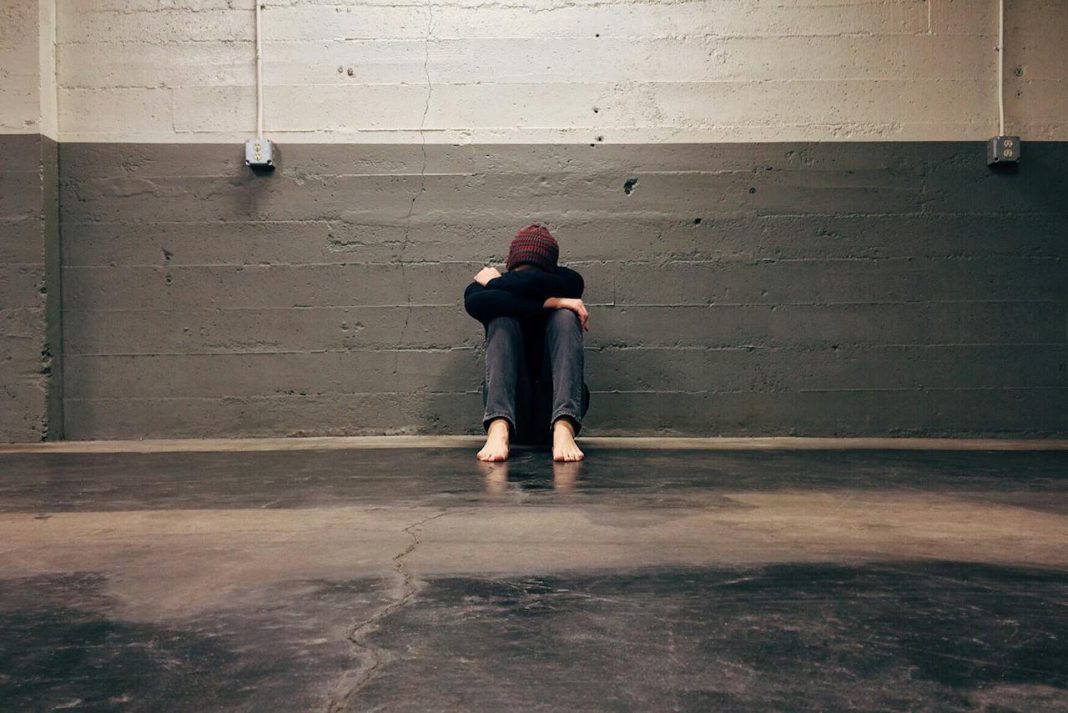Although the word depression may seem straightforward and easy to grasp, the truth is that depression is so much more complex than simply feeling down. Depression is a health condition that affects millions of people all over the world every day and isn’t always for reasons that you might think. Usually, it is influenced by a combination of internal and external factors.
By understanding the most common reasons for depression, you can better understand the science, and make changes in your life, whether for you or a loved one. Here are some of the most common reasons for depression.
Social Isolation
Whether you consider yourself an extrovert or an introvert, humans are naturally social creatures. If we lack a social life or a community around us, it will quickly start to affect our mental well-being.
The problem with depression as a result of social isolation is that it’s a vicious cycle. The more isolated you are, the more depressed you get, yet the more depressed you are the more you isolate yourself. If everyone just looked out for each other a little bit more and considered the needs of others, social isolation would be less of a problem.
This is why seniors are often depressed because their social life is lacking. For this reason, many concerned family members put their loved ones into an assisted living facility because of the social aspect.
Chemical Imbalance
In some cases, the cause of depression is entirely biological. Imbalances in serotonin and dopamine can impact a person’s ability to regulate their moods. Perhaps most important is to take note of whether depression runs in your family. If your family has a history of depression, you could be more susceptible.
Trauma
Being exposed to traumatic events like abuse or even a serious physical injury can result in depression. Trauma can disrupt someone’s sense of self and well-being, and as such following the traumatic event, a person can feel hopeless and helpless. This is why individuals who have experienced a traumatic life event should seek support and even professional intervention to avoid the risk of depression following the experience.
Illness
Our health is something that many of us take for granted until we don’t have it anymore. People who are facing chronic illnesses like cancer, or heart disease can find themselves extremely depressed. Worrying about your physical well-being can leave you feeling hopeless and like there’s no reason to live anymore.
However, there is always reason for hope, even with a serious medical condition. There are medical professionals and support systems out there to help you remember this and navigate your illness. A holistic approach to your treatment is essential, and important for avoiding depression after your diagnosis.









